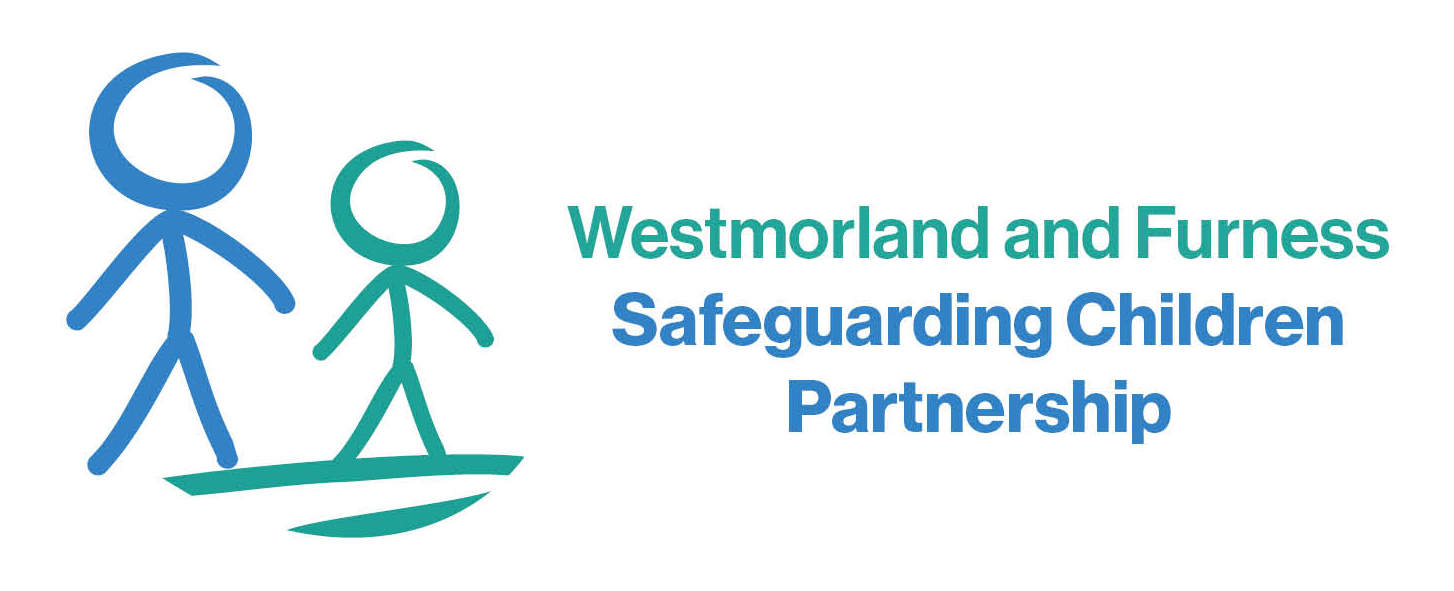Online safety
Online safety means staying safe when using the internet – whether you're on a phone, tablet, or computer. It’s about being aware of the risks and knowing how to protect yourself and your children.
Children today are using the internet more than ever – at school, at home, and for fun. While it’s a great place to learn and connect, it can also expose children to risks like:
- inappropriate content
- cyberbullying
- online scams
- sharing personal information
- contact from strangers
Why it matters
Teaching children to use the internet safely:
- protects their privacy and personal information
- helps avoid harmful content and interactions
- builds digital confidence and responsibility
What you can do
Here are some simple ways to keep children safer online:
Top tips for online safety:
- talk regularly with your child about what they do online
- check their browser history and internet use
- use strong passwords and update them regularly
- keep privacy settings high on apps and devices
- install and update security software
- stay cautious on all devices – including phones
- avoid clicking on links or messages you don’t trust
Working together
Online safety is everyone’s responsibility – schools, professionals, families, and organisations. Campaigns like Safer Internet Day promote safer digital practices.
They cover important topics such as:
- consent and online boundaries
- data privacy
- cyberbullying
- digital identity
- social networks
Learn more and get help
For trusted advice, tools, and resources, visit the UK Safer Internet Centre
Below are some further useful links to information and resources regarding Online Safety
- BBC Teach – a website with primary online safety for teachers
- Childnet – a website about online safety for young people, helping make the internet and great and safe place for Children and Young People
- UK Safer Internet Day Resources
- Internet Matters– a website with an online safety checklist for children aged 6 to10 years old
- Cyber Choices - National Crime Agency
- National Cyber Security Centre - NCSC.GOV.UK
- Childline:
- The Children's Society - Social Media Guide for Parents
